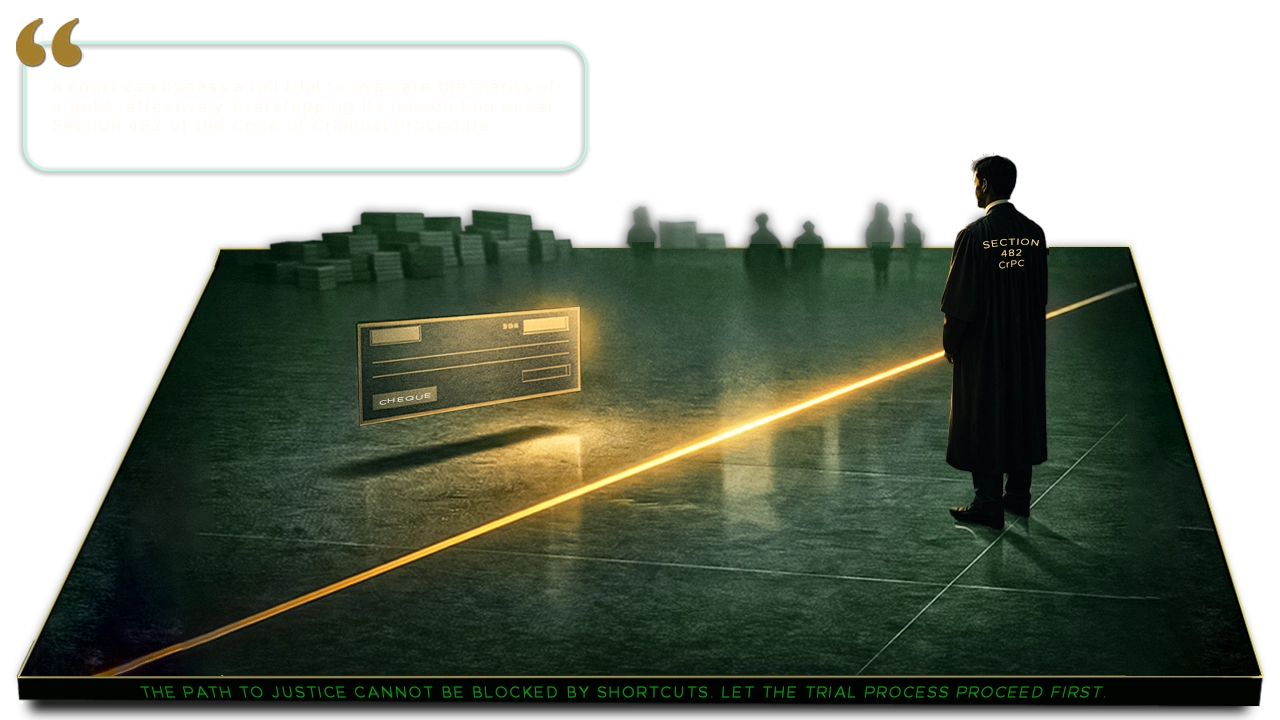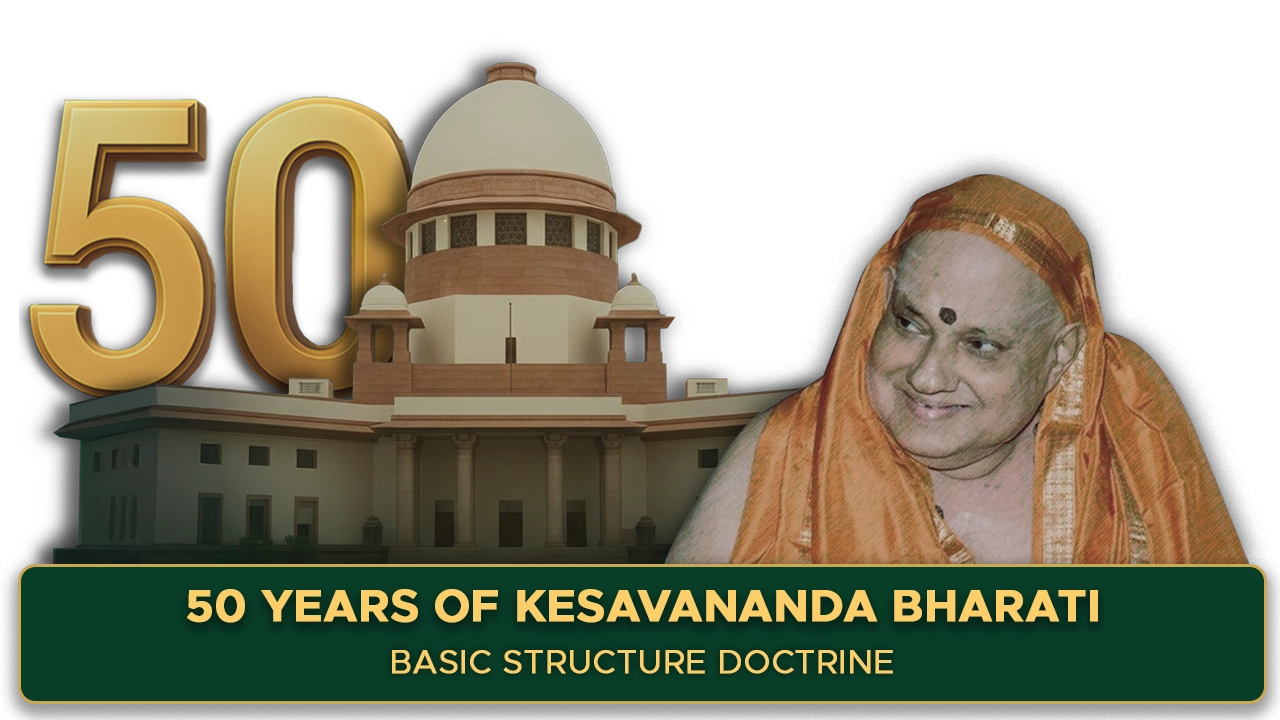Introduction
In the realm of commercial contracts, the presence of arbitration clauses often serves as a bulwark against judicial intervention, particularly in disputes arising between contracting parties. However, the Calcutta High Court, in a recent judgement in India and others Versus Sunil Saha and others1 by a bench comprising Chief Justice T.S. Sivagnanam and Justice Chaitali Chatterjee (Das), have carved out an exception to this principle. The court held that a writ petition can be entertained against a third party for arbitrary deductions of demurrage, even when an arbitration clause exists between the contracting parties, provided there are no disputes or differences between those contracting parties themselves. The specific issue before the court arose from appeals filed by the FCI2 and the CWC3 against a Single Judge’s order directing them to disburse a substantial amount deducted from the writ petitioner’s handling and transport bills.
This article will delve into the nuanced reasoning and established legal precedents upon which this significant decision of the Calcutta High Court rests, exploring the circumstances under which the long arm of writ jurisdiction can extend to third parties despite the presence of a private arbitration agreement.
The General Rule: When a Writ Isn’t the Right Fit
Generally, courts are hesitant to use their writ jurisdiction to enforce contractual obligations. As the Court has consistently held, the primary purpose of a writ of mandamus is to safeguard and establish existing legal rights and impose corresponding legal duties. It was observed that a writ is about enforcing rights that are already established, not creating or protecting new ones.
The Court stated that its decision to grant or refuse a writ is discretionary, taking into account various factors like the specific facts, the urgency of the situation, the potential consequences, and the nature of any injury.
So, if a legal right isn’t clearly established or if there isn’t a corresponding duty, the Court held that a writ typically won’t be granted. Furthermore, it was observed that the writ petition itself must contain proper pleadings, with the applicant making a clear and unambiguous demand that has been refused by the opposing party. This refusal can be explicit or implied by conduct. But what if the facts of a case present a unique scenario?
The Nuance: When an Arbitration Clause Doesn’t Bar a Writ
Here’s where the arbitration clause comes into play. The agreement between the writ petitioner and CWCclearly stated that all disputes arising from the contract would be referred to arbitration under the Arbitration Act4. So, wouldn’t that preclude a writ petition?
Interestingly, in this instance, the Court noted that the arbitration agreement was between CWC and the writ petitioner. The crux of the matter, however, was the deduction of demurrage charges by FCI from CWC’s bills, which subsequently led CWC to deduct these charges from the writ petitioner’s bills.
Now, consider this: Did a dispute actually exist between CWC and the writ petitioner regarding these deductions?
The Court found the evidence suggested otherwise. CWC, in its affidavit to the writ petition, explicitly disputed and denied FCI’s claim for demurrage charges. It was evidently clear, as the Court observed, that CWC and the writ petitioner were ad-idem (in agreement) that no demurrage charges were leviable or deductible under the circumstances.
No Dispute, No Arbitration: The Crucial Exception
The Court held that when there’s no dispute or difference between the parties to an arbitration agreement on a particular issue, the very foundation for invoking the arbitration clause crumbles. In this case, since CWC and the writ petitioner agreed that the demurrage charges were wrongly deducted, there was no “dispute” between them to arbitrate.
To solidify this point, the Court took note of the various correspondences:
- September 14, 2012: The Court observed that the Warehouse Manager of CWC informed FCI that their godown was at 88% capacity and would reach 104% upon full rake unloading. They explicitly requested FCI to restrict further rake placements and clearly stated that CWC would not be responsible for any demurrage charges incurred due to non-clearance. The Court noted that FCI did not deny or dispute this crucial communication.
- Same day: The Court further observed that CWC informed the writ petitioner that as per assurance from FCI, no demurrage charges would be levied on CWC, and consequently, no deductions would be made from the writ petitioner’s bills. This, the Court noted, was as per telephonic discussion had with the Regional Manager of CWC on 13.09.2012. This again highlights the consensus between CWC and the writ petitioner.
- September 19 & 21, 2012: The Court stated that CWC reiterated its stand of no liability for demurrage charges.
Despite these clear communications, the Court found that FCI proceeded to recover demurrage charges without addressing CWC’s contentions. The Court noted that even a letter from FCI dated September 22, 2012, acknowledged the storage shortage at CWC’s godown, yet still requested immediate unloading to avoid demurrage. This, the Court observed, demonstrated FCI’s awareness of CWC’s constrained capacity, which CWC had repeatedly communicated.
Therefore, the Court concluded that because there was no dispute between the writ petitioner and CWC regarding the wrongful deduction of demurrage, the arbitration clause became irrelevant. The Court held that the writ petition, in these specific facts and circumstances, became a permissible avenue to seek redress, as the legal right to non-deduction was not in dispute between the parties to the arbitration agreement.
Conclusion
The Calcutta High Court’s decision in India and others Versus Sunil Saha and others marks a significant development in the interplay between writ jurisdiction and arbitration clauses in commercial contracts. This ruling introduces a crucial element of pragmatism, allowing for judicial intervention against arbitrary third-party deductions, even when an arbitration agreement exists between the primary contracting parties. The Court’s careful distinction, based on the absence of a genuine dispute between the writ petitioner and CWC regarding the wrongful demurrage deductions, underscores that the purpose of arbitration is to resolve existing differences between parties to an agreement, not to shield external entities from accountability for their actions. This judgment exemplifies a commitment to practical justice, prioritizing effective remedy over a rigid adherence to procedural norms.
This decision sets a vital precedent, particularly for multi-layered contractual structures prevalent in large public sector projects. It offers an important avenue for contractors to seek redress when financial harm is inflicted by the arbitrary actions of a third party, irrespective of an arbitration clause with their direct contracting partner. The ruling suggests increased accountability for principal employers and may encourage more precise contractual drafting regarding third-party liabilities. It also promotes a more nuanced judicial approach to arbitration clauses, prompting courts to consider the nature of the dispute and the parties involved before imposing an absolute bar on writ jurisdiction.
Looking ahead, this ruling raises intriguing questions about the future evolution of contractual dispute resolution. For instance, what if a principal employer, like FCI, were to implement comprehensive multi-party arbitration agreements that explicitly include itself, the direct contractor, and sub-contractors for all disputes arising from their interactions? Would such a broad arbitration clause then successfully preclude a writ petition, even in scenarios where the direct contracting parties themselves are in agreement against the third party’s actions? This hypothetical scenario highlights the dynamic interplay between contractual design and the limits of judicial intervention, pointing towards continued legal development in this complex area.
Citations
1. India and others Versus Sunil Saha and others Mat 806 of 2024 and FMA 735 of 2024
2. Food Corporation of India
3. Central Warehousing Corporation
4. Arbitration and Conciliation Act, 1996
Expositors: Adv. Anuja Pandit






